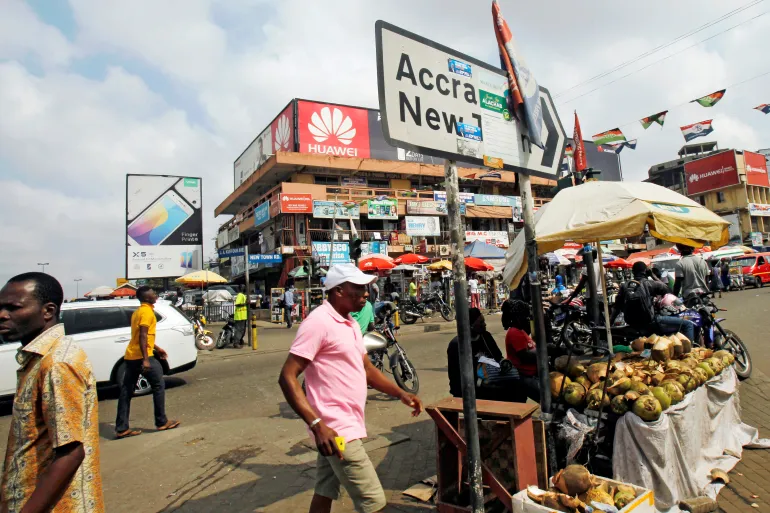IMF Report: Sub-Saharan Africa Incomes Lagging Behind Global Trends
Sub-Saharan Africa is falling further behind the global economic curve, with the International Monetary Fund (IMF) issuing a somber warning about the region’s income stagnation amidst a tepid recovery. This caution comes amid a landscape fraught with geopolitical tensions, domestic unrest, and the looming specter of climate change.
The IMF’s recent projection of a 3.8% growth rate for the region’s economy this year, a slight improvement from 3.4% in 2023, is tempered by the sobering reality that the income gap with the rest of the world continues to widen, particularly when factoring in population growth. The IMF’s observation starkly highlights this discrepancy that while real income per person in other developing nations has more than tripled since 2000, it has grown by only 75% in Sub-Saharan Africa, compared to a mere 35% in developed countries.
Despite these challenges, there are glimmers of hope. Abebe Selassie, director of the IMF’s African Department, noted that two-thirds of the region’s countries are experiencing an acceleration in growth, driven by diversified and broad-based economic expansion. Many of the more diversified economies have already begun to witness a recovery from the pandemic-induced downturn.
While economic conditions show signs of improvement, political instability is on the rise, denting investor confidence. Instances such as junta-led states departing from the Economic Community of West African States (ECOWAS) and a spate of upcoming elections—18 across the region this year—underscore the challenges faced.
Furthermore, the region has been grappling with devastating natural disasters, including droughts in the Horn of Africa and southern Africa, cyclones, and floods. These events have exacerbated existing struggles and added to the region’s economic woes.
South Africa, the most industrialized economy in Africa, faces a modest growth forecast of just 0.9% this year, hampered by persistent challenges such as rolling power cuts and infrastructure deficiencies. Additionally, electoral uncertainties surrounding the upcoming election could potentially derail ongoing energy sector reforms.
In contrast, Nigeria, West Africa’s largest economy, is expected to grow by 3.3% this year despite grappling with high inflation and the pain of currency and subsidy reforms. Meanwhile, Niger, Nigeria’s northern neighbor, is predicted to experience a significant growth surge fueled by the ramping up of oil exports.
In summary, while Sub-Saharan Africa faces myriad challenges, opportunities for growth and positive developments are on the horizon. However, concerted efforts are needed to address underlying vulnerabilities and foster sustainable economic progress across the region.


















